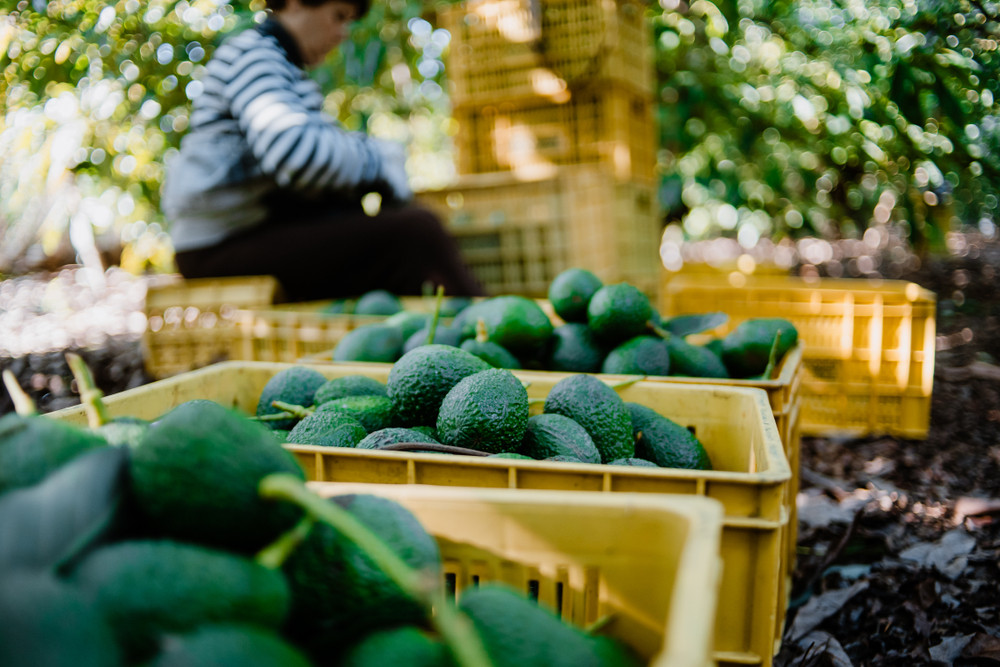Unicaja Banco has published the report ‘Situación económica y perspectivas de las provincias de Andalucía’ (Economic Situation and Outlook of the Andalusia Provinces), corresponding to the second quarter of 2020, prepared by Analistas Económicos de Andalucía, the research company of Grupo Unicaja Banco. This report, which includes data broken down by province, supplements the one published last week, ‘Previsiones Económicas de Andalucía’ (nº 100), with an aggregate approach of the Autonomous Community.
This new publication focuses on the analysis of the evolution and the economic outlooks for each one of the Andalusia provinces. The report has the following structure: the first section describes the international and national context and it includes the main features of the recent behavior of the Andalusian economy. Then, the evolution of the main economic indicators for each province is shown, as well as the forecasts on the evolution of the Gross Domestic Product (GDP) for 2020.
The report highlights the following:
After the turn of the year, the global economy showed a trend of moderated growth. This pattern has been abruptly interrupted due to the Covid-19 outbreak, which has caused an unprecedented healthcare crisis, with a high cost. The necessary efforts to contain the pandemic have made governments to take extraordinary measures, unprecedented in the recent history, with a strong impact on production and employment. In this sense, the latest IMF projections suggest that the world GDP could fall by 3.0% in 2020, although a higher impact cannot be ruled out. Recession will be general, especially in the Euro Zone.
In the specific case of the Spanish economy, the IMF indicates that it could register an output contraction of 8.0%. The European Commission estimates a fall over 9%, in line with the projection presented recently by the Government and included in the Stability Program (-9.2%). In this sense, the results preview of the Spanish Quarterly National Accounts (Contabilidad Nacional Trimestral) for the first quarter of the year, records a 5.2% quarter-on-quarter fall in the GDP and a 4.1% decrease year-on-year.
In Andalusia, the Covid-19 outbreak has abruptly interrupted the expansionary profile shown by the regional economy. In particular, the estimation of the GDP for the first quarter records a variation of -4.3% with respect to the same quarter of the previous year, with a quarter-on-quarter variation of -5.4%.
In terms of employment, in April the number of contributors to the Social Security in Andalusia fell by 177,000 people with regard to February, standing under 3 million. At the same time, the number of people affected by Temporary Employment Adjustment Plans (ERTE) due to force majeure, and which still contribute to the Social Security, reaches 446,124 (nearly 3.1 million in Spain).
In the current context, the economic forecasts are subject to a high degree of uncertainty and the preparation of projections is complex, so they should be interpreted with caution. Considering certain hypothesis regarding the duration of the lockdown period and of the ‘de-escalation’ process, Analistas Económicos de Andalucía estimates that, in the whole 2020, the Andalusian GDP may fall between 8.4 and 11.5%, although a higher drop cannot be ruled out.
In a more broken down analysis, the information available for 2020 regarding the main economic indicators are already reflecting the effects of this serious crisis. The first estimations mad by Analistas Económicos de Andalucía for the Andalusian provinces suggest a sharp drop in production in 2020. In the best-case scenario, the GDP falls may range between 7.8% in Almeria and 9.3% in Malaga, whereas in the worst-case scenario, the drops would exceed 10% in all the provinces. The relevance of tourism in the productive structure of each province would affect, to a large extent, these forecasts on the evolution of the production, as this sector is one of the most affected by the Covid-19 crisis.



